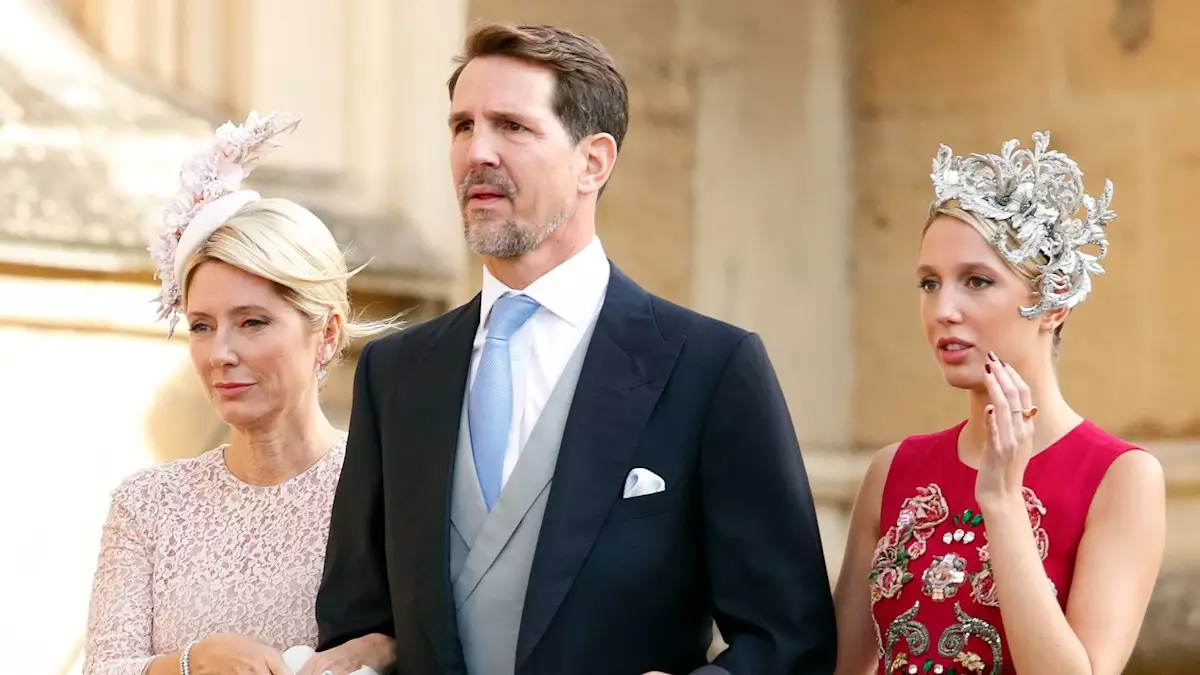The Greek royal family has taken significant steps towards reclaiming their citizenship in a nation that transformed dramatically from monarchy to republic over the past few decades. This endeavor represents more than just a legal formality; it marks a pivotal moment of historical acknowledgment and personal reconciliation for a family long associated with Greece’s tumultuous political climate. Fifty years after the monarchy was abolished, the royal family has made a conscious shift, recognizing the current status of Greece as a republic, which could pave the way for a new chapter in both their lives and the nation’s history.
Understanding the current situation requires a look back at the Greek monarchy’s turbulent past. King Constantine II, the last reigning monarch of Greece, ruled from 1964 until the monarchy was dismantled by a military junta in 1973. His reign was fraught with political instability, culminating in his exile after attempting to overturn the junta’s regime via a counter-coup. His flight not only signaled a shift in governance for Greece but also marked the beginning of a prolonged disconnection between the royal family and its homeland.
In 1994, a critical moment arose when the Greek government, influenced by the royal family’s previous controversies regarding their claims to former royal properties and titles, stripped them of their Greek citizenship. This act stood as both a condemnation of their past and a formal severing of historical ties to the nation, creating a fraught relationship that lasted for decades. However, the recent acknowledgment by the royal family of Greece’s current republican structure signals a willingness to move beyond these past grievances.
On a notable Thursday, members of the Greek royal family publicly endorsed their acceptance of Greece’s republican status. They signed a declaration that not only aligned with their new perception of identity but also included a significant change of surname to ‘de Grece’, emphasizing their connection to Greece while adopting a more modern and international viewpoint. This act is laden with symbolism—it showcases an understanding that historical grievances can be set aside for the sake of national unity and personal fulfillment.
While the actual decision regarding their citizenship is pending, it is crucial that this forthcoming official resolution is affirmed in the government gazette. Only then can the royal family members formally apply for Greek identity cards and passports, symbols of their citizenship that transcends mere legal status, representing an acceptance of and a commitment to their heritage.
Beyond the legal ramifications, the royal family is also experiencing personal milestones that reflect their evolving relationship with Greece. The wedding of Princess Theodora and Matthew Kumar serves as a testament to the family’s reintegration into Greek society. Their marriage, celebrated in the Metropolitan Cathedral of Athens, encapsulated a joyous moment amidst a backdrop of earlier disruptions, from the global pandemic to the mourning of King Constantine’s passing.
The warmth and support shown by the public during this event illustrated a yearning for connection between the former royal family and the people of Greece. Crown Prince Pavlos’s engagement with the crowds further underscored a desire for reconciliation, bridging the gap that years of political strife had created.
In his comments to the media, Athanasios Balerpas, a ministry official, underscored the positive implications of resolving what had been a “historically pending matter.” The sentiment reflects a collective yearning among Greeks to close the books on a divisive past and to focus on a shared future. The royal family’s actions are not just about regaining citizenship; they are about fostering national spirit and belonging in a country that has witnessed immense changes.
As the Greek royal family seeks to reclaim their identity within their homeland, they symbolize a broader narrative of reconciliation—one that acknowledges historical wounds while aspiring to build a sense of unity moving forward. This initiative, therefore, marks a promising moment for both the royals and the nation they once represented, suggesting that perhaps it is possible to blend old ties with contemporary identity in harmony.

